Medical Students’ Organisation
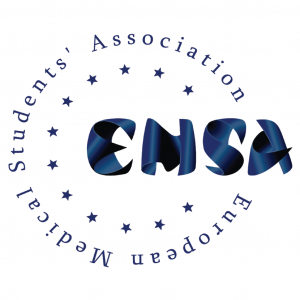
European Medical Students’ Association (EMSA) is an organisation advocating and representing the voice of all medical students from Europe. Founded in 1991, EMSA is an organisation created by enthusiastic medical students providing a communication platform for all medical students around the world. They aim to provide social opportunities for fellow members and to improve the quality of education and healthcare by sharing knowledge between European medical students. AMSA International and EMSA regularly host EAMSEP (European-Asian Medical Students’ Exchange Programme) International Twinning Programme, an exchange program that offers Asian and European students a chance to expand their knowledge intercontinentally.
The Federation of African Medical Students’ Associations, FAMSA, is an independent, non-political Federation of Medical Students’ Associations (MSA’s) in Africa. FAMSA was founded to foster the spirit of friendship and cooperation among African medical students. FAMSA is a project oriented medical student body and is recognized as the official international forum of African medical students.
FAMSA is the forum for medical students throughout the African continent to discuss topics related to health, education and medicine, formulate action plans from such discussions and carry out appropriate activities. It is a mechanism for medical students’ professional exchange and projects and remains a versatile advocacy body which sensitizes and redirects African governments’ policies towards the path to sustainable health and development. It also acts as a mechanism for organisations under its membership to raise funds for projects recognized by FAMSA.
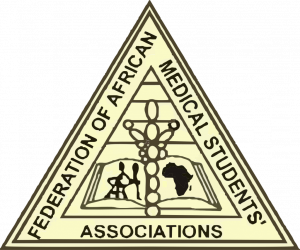

The Federation of African Medical Students’ Associations, FAMSA, is an independent, non-political Federation of Medical Students’ Associations (MSA’s) in Africa. FAMSA was founded to foster the spirit of friendship and cooperation among African medical students. FAMSA is a project oriented medical student body and is recognized as the official international forum of African medical students.
FAMSA is the forum for medical students throughout the African continent to discuss topics related to health, education and medicine, formulate action plans from such discussions and carry out appropriate activities. It is a mechanism for medical students’ professional exchange and projects and remains a versatile advocacy body which sensitizes and redirects African governments’ policies towards the path to sustainable health and development. It also acts as a mechanism for organisations under its membership to raise funds for projects recognized by FAMSA.

International Federation of Medical Students’ Associations (IFMSA) is one of the largest student organisations in the world. It represents over 1.2 million medical students from across the globe, through its 114 member organisations in 108 different countries. Each year, around 10,000 medical students participate in professional and research exchanges. IFMSA aims to offer medical students a comprehensive introduction to global health issues through its six standing committees focusing on medical education (SCOME), professional exchange (SCOPE), research exchange (SCORE), public health (SCOPH), reproductive health including AIDS (SCORA), and human rights and peace (SCORP).
The World Pre-Health Conference at Harvard University is a free-to-attend virtual conference for pre-health students at high schools and universities across the world that takes place in the Spring of each year. Each year’s conference has a variety of events, workshops, and speakers. This year, our conference will be held from April 1-2, with keynotes like Dr. Eric Rubin, Editor-in-Chief of the New England Journal of Medicine, and Dr. Francis Collins, Science Advisor to the President and Former Director of the National Institutes of Health.

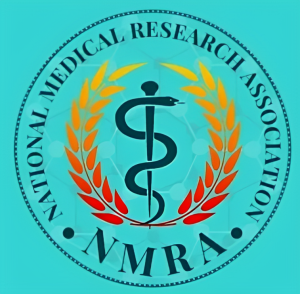
The National Medical Research Association (NMRA) is a student-led non-profit association founded in 2022 with the aim of giving UK students and trainees a foundation in medical research. We aspire to break down barriers in research entry and facilitation by championing students in research environments and creating opportunities for students and doctors. We provide our members with the skills, network and confidence to pursue medical research with educational events, our mentorship scheme, and various resources to boost research aspirations.
AIMS Meeting [Annual International (bio)Medical Students Meeting] is the largest biomedical conference in Europe organized entirely by health students, mainly from the medicine field , gathering each year over a thousand participants from all over the world. It is held annually in Lisboa, Portugal and is advocated by the Faculty of Medicine of the Lisbon Students’ Local Committee. AIMS Meeting highlights the importance of medical education for all students of health sciences through a diverse approach and is a platform to build bridges between biomedical students around the world.
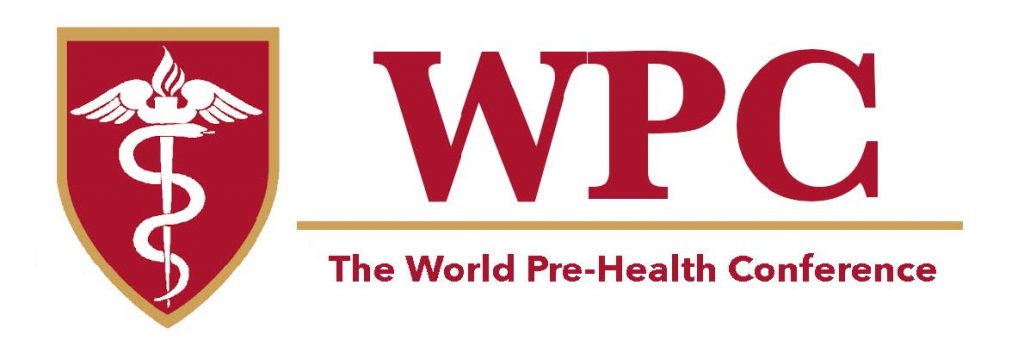
Given the increased levels of isolation, inequality, and health issues that have been highlighted by the coronavirus pandemic and social movements, the World Pre-Health Conferences was created as a collaborative and enriching medium for pre-health and pre-clinical students across the globe to engage with one another through both professional and socially enriching experiences.
As an organisation, the World Pre-Health Conference has three primary objectives:
1. To create mentorship and support systems for students interested in health, particularly those from diverse backgrounds and covering topics related to health, human rights, and medical progress.
2. To offer professional, educational, and personal enrichment opportunities for students interested in pursuing health-related careers.
3. To foster in-depth and progress-making conversations related to current issues in health, with expert context and student views.
WPC itself is administered in partnership with 15 Harvard and international partner organisations including the Harvard Pre-Medical Society, Harvard Black Pre-Medical Society, Harvard VISION Global Health Society, and Cambridge Medical Students’ Society.
Non-Medical Students’ Organisation
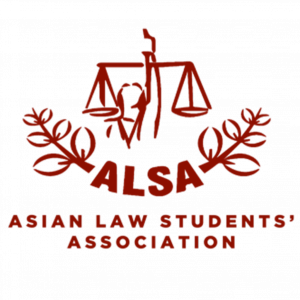
Asian Law Students’ Association (ALSA) is an international consortium of over 12,000 law students and alumni located in 17 countries all over Asia namely Brunei, China, Hong Kong, Macau, Taiwan, Japan, Korea, Thailand, Laos, Malaysia, Indonesia, Myanmar, Vietnam, Philippines, Sri Lanka, Singapore and India. Formally established in 2002, the Association is a merger between the previous ASEAN law students association, as well as the East Asian law students association, which were two student bodies that had similar goals of fostering stronger ties and greater understanding of the different legal systems among its member Asian countries. Recognizing their common goals, as well as the ever increasing onset of globalization in the region, these two associations signed an agreement in 2002, thus forming ALSA into the organisation that is known to be today.
ALSA International serves as the umbrella organisation of its 16 national chapters and 2 observer group, who are recognized as autonomous entities tasked to represent ALSA within their country’s national borders. This structure allows each national chapter to meet the unique needs of its members while maintaining access to an international network of academic and organisational resources.

Asian Law Students’ Association (ALSA) is an international consortium of over 12,000 law students and alumni located in 17 countries all over Asia namely Brunei, China, Hong Kong, Macau, Taiwan, Japan, Korea, Thailand, Laos, Malaysia, Indonesia, Myanmar, Vietnam, Philippines, Sri Lanka, Singapore and India. Formally established in 2002, the Association is a merger between the previous ASEAN law students association, as well as the East Asian law students association, which were two student bodies that had similar goals of fostering stronger ties and greater understanding of the different legal systems among its member Asian countries. Recognizing their common goals, as well as the ever increasing onset of globalization in the region, these two associations signed an agreement in 2002, thus forming ALSA into the organisation that is known to be today.
ALSA International serves as the umbrella organisation of its 16 national chapters and 2 observer group, who are recognized as autonomous entities tasked to represent ALSA within their country’s national borders. This structure allows each national chapter to meet the unique needs of its members while maintaining access to an international network of academic and organisational resources.
Asia-Pacific Dental Student Association (APDSA) is the brainchild of the Asia–Pacific Dental Federation (APDF) and it was formed since 1968. Besides, APDSA serves as a platform for the dental students from across the Asia Pacific Region to connect and unite as one, while expanding their social circle.
The first APDSA annual congress was launched in 1969. Over 400 students, professors and graduate doctors from more than 13 countries in the region attend this congress each year, with hosting of the congress rotated amongst member countries. Moreover, APDSA provides a variety of programmes for the Asian Pacific dental students annually, such as lend-a-hand project, idem-apdsa students leadership programme, scientific research competition, physiologic quiz, soap carving competition, APDSJ and others. Through these activities, the APDSA members can learn and understand more about the future prospects and fields in dentistry which is ever changing and transforming.
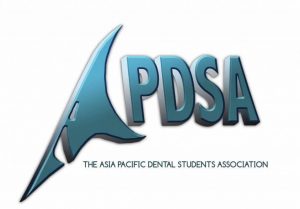
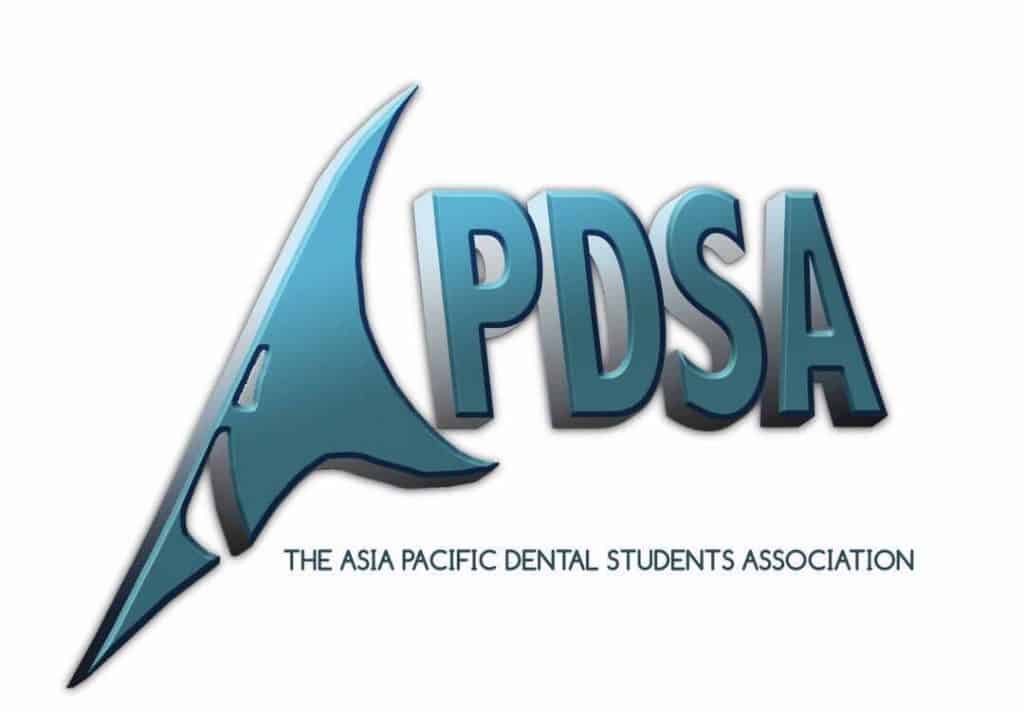
Asia-Pacific Dental Student Association (APDSA) is the brainchild of the Asia–Pacific Dental Federation (APDF) and it was formed since 1968. Besides, APDSA serves as a platform for the dental students from across the Asia Pacific Region to connect and unite as one, while expanding their social circle.
The first APDSA annual congress was launched in 1969. Over 400 students, professors and graduate doctors from more than 13 countries in the region attend this congress each year, with hosting of the congress rotated amongst member countries. Moreover, APDSA provides a variety of programmes for the Asian Pacific dental students annually, such as lend-a-hand project, idem-apdsa students leadership programme, scientific research competition, physiologic quiz, soap carving competition, APDSJ and others. Through these activities, the APDSA members can learn and understand more about the future prospects and fields in dentistry which is ever changing and transforming.

The International Association of Dental Students (IADS) was founded in 1951 in Copenhagen in order to serve the educational needs of dental students throughout the world. Representing the interests of more than 200,000 dental students in around 66 countries worldwide and having its central office at the FDI World Dental Federation headquarters in Geneva the association strives for educational and scientific excellence throughout the international projects and initiatives it manages.
Governmental And Non-Governmental Organisation
Association of Medical Doctors of Asia (AMDA), is an international organisation dedicated to realize a peaceful world community through humanitarian efforts in medical health care sector. Founded in Okayama City, Japan, in 1984, AMDA is a non-governmental, non-profit organisation with an international network of 30 chapters and 47 collaborating organisations around the world. AMDA provides emergency medical aid to people affected by natural as well as man-made disasters. With its special strength in the medical and health sectors, AMDA also implements mid- to long-term social development projects helping people in their community building process. AMDA has worked in more than 50 countries in Asia, Africa, Latin America and Europe in collaboration with governments, UN agencies, such as UNHCR, WHO, WFP, UNOCHA, and other specialized agencies and institutions.
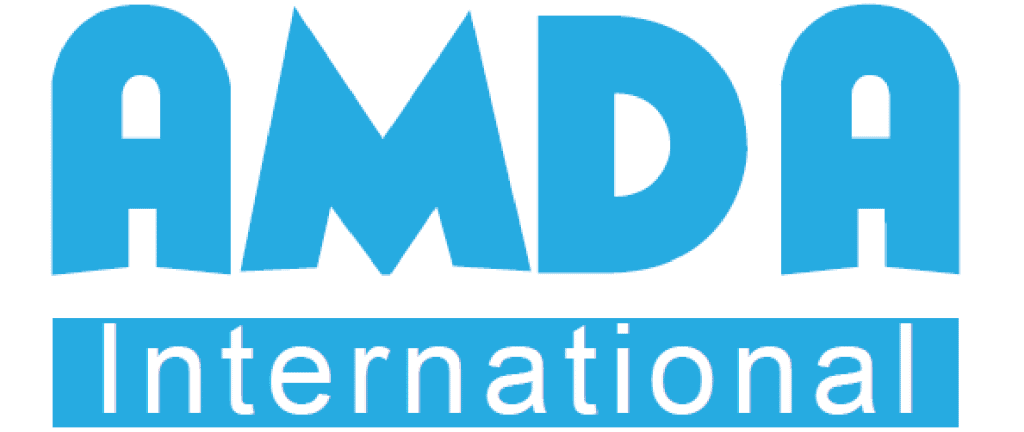

Association of Medical Doctors of Asia (AMDA), is an international organisation dedicated to realize a peaceful world community through humanitarian efforts in medical health care sector. Founded in Okayama City, Japan, in 1984, AMDA is a non-governmental, non-profit organisation with an international network of 30 chapters and 47 collaborating organisations around the world. AMDA provides emergency medical aid to people affected by natural as well as man-made disasters. With its special strength in the medical and health sectors, AMDA also implements mid- to long-term social development projects helping people in their community building process. AMDA has worked in more than 50 countries in Asia, Africa, Latin America and Europe in collaboration with governments, UN agencies, such as UNHCR, WHO, WFP, UNOCHA, and other specialized agencies and institutions.
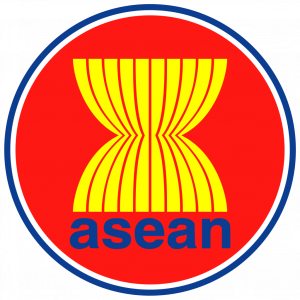
The Association of Southeast Asian Nations (ASEAN), was established on 8 August 1967 in Bangkok, Thailand, with the signing of the ASEAN Declaration (Bangkok Declaration). ASEAN, a geo-political and economic organisation currently has 10 member states, they are of Brunei Darussalam, Cambodia, Indonesia, Lao PDR, Malaysia, Myanmar, Philipppines, Singapore, Thailand, and Viet Nam.
Its aims include accelerating economic growth, social progress, cultural development among its members, protection of regional peace and stability, and opportunities for member countries to discuss differences peacefully. There are 4 major departments within ASEAN: Political-Security Community, Economic Community, Socio-Cultural Community and External Relations.
One Health Lessons is an organisation that aims to inspire students around the world, through high-quality education, to value the interconnection between human health and the health of the environment, plants, and animals. With the passion of the health science field, One Health Lessons reaches students in traditional and non-traditional classrooms as well as during community events with local partners. One Health Lessons has a global network of One Health advocates dedicated to improving the sustainability of the planet and its life.


One Health Lessons is an organisation that aims to inspire students around the world, through high-quality education, to value the interconnection between human health and the health of the environment, plants, and animals. With the passion of the health science field, One Health Lessons reaches students in traditional and non-traditional classrooms as well as during community events with local partners. One Health Lessons has a global network of One Health advocates dedicated to improving the sustainability of the planet and its life.
